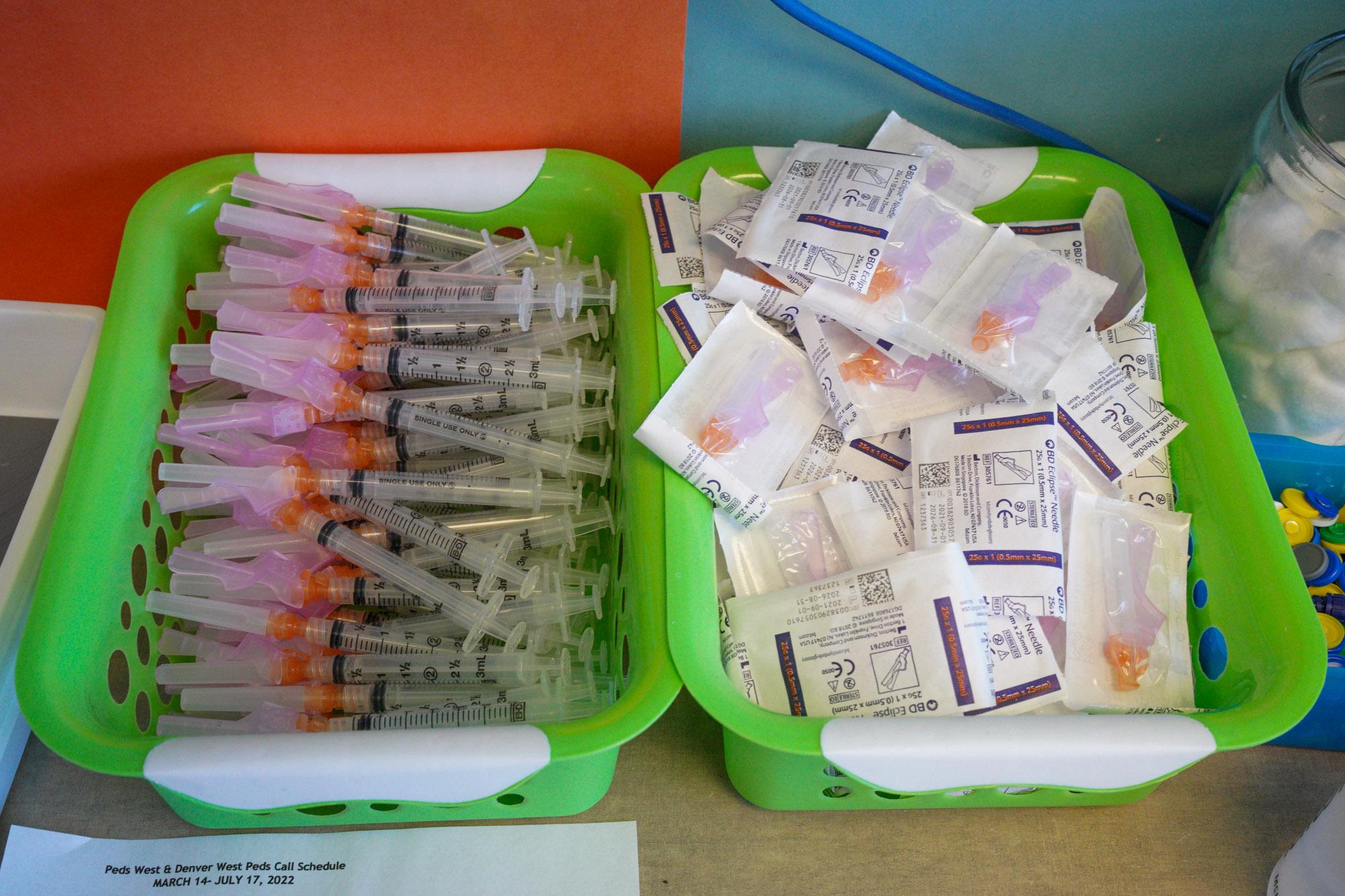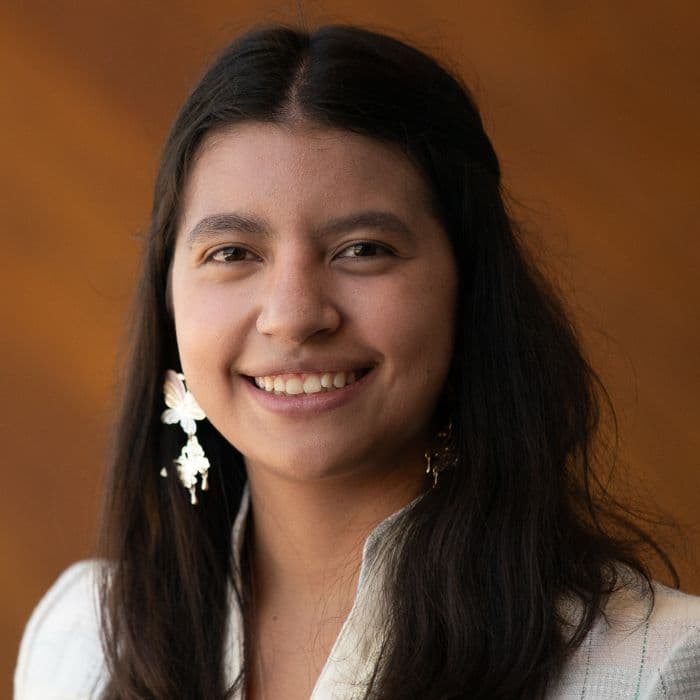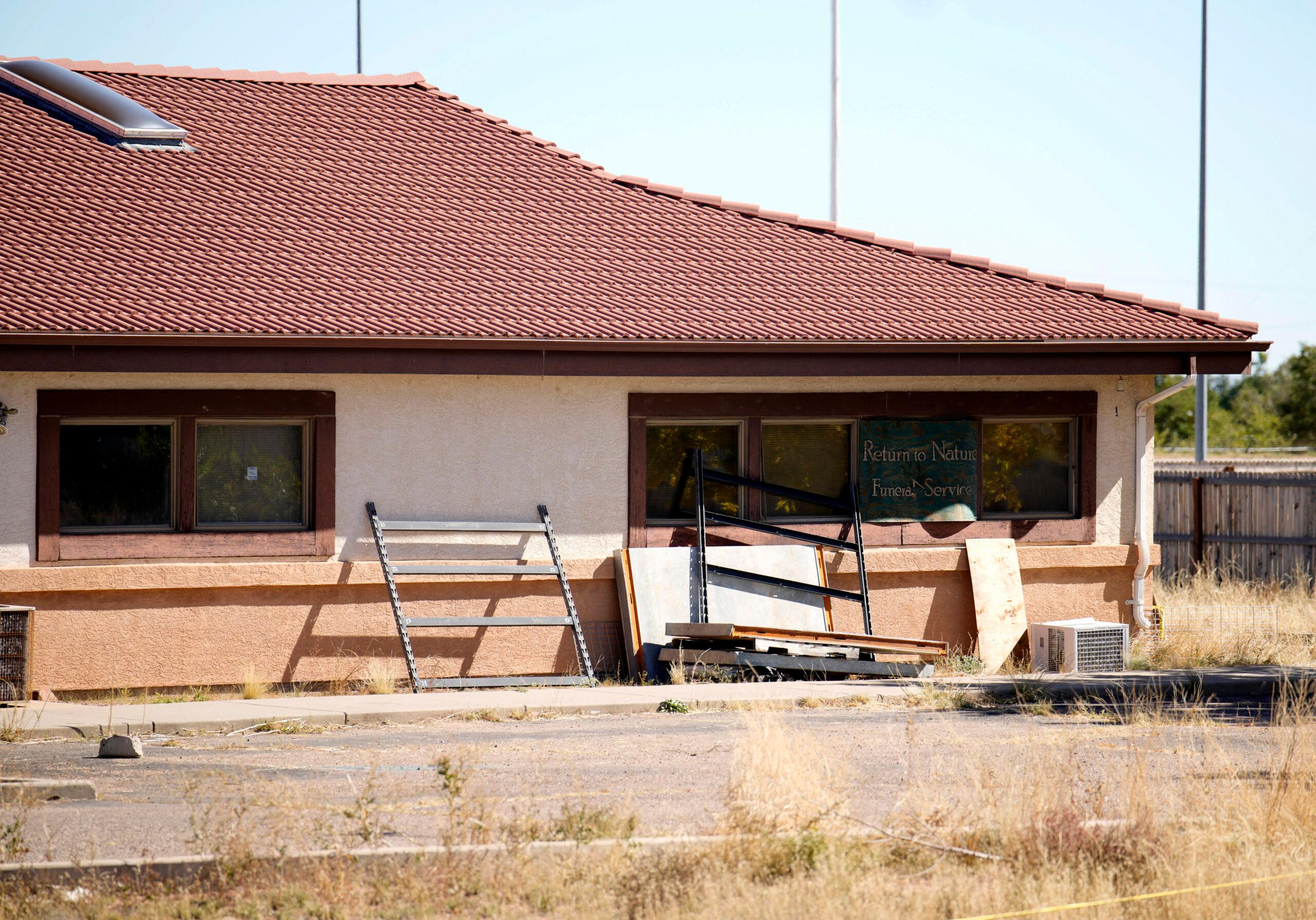
The countless stories of sexual abuse brought to light since the #MeToo movement began have underscored how speaking out is one step toward healing.
But, then what?
Some victim's advocates are taking a new approach. Restorative justice sits the victim of a crime down with its perpetrator. It's fraught with risks, but also opportunity.
Nancy Lewis, executive director of the Colorado Organization for Victim Assistance, and Lynn Lee, a restorative justice trainer and facilitator, are practicing the technique in Colorado. Lewis and Lee talked to Colorado Matters about restorative justice.
Victim-offender-dialogues, or VODs, have recently been showcased in high-profile ways, including on HBO's news program Vice. The Colorado Department of Corrections made a video giving the perspectives of victims' families and their perpetrators.
Lee has worked as a facilitator for 17 years. She's guided high-risk conversations that include murder and robbery cases. A common restorative justice dialogue is between the family of victims killed in drunk driving incidents and the driver, Lee said.
Restorative justice is usually initiated by the victim of the crime or their family. In Colorado, two facilitators work with the victim and perpetrator to move towards a meeting. Lee says it can takes months to work through the process leading into a VOD, adding that about half of her cases never make it to the sit-down dialogue.
Restorative justice dialogues in sexual assault cases are rare in Colorado. Lewis says one reason why is that specially-trained facilitators are needed -- in part to recognize and avoid the type of emotional manipulation assault perpetrators are capable of.









